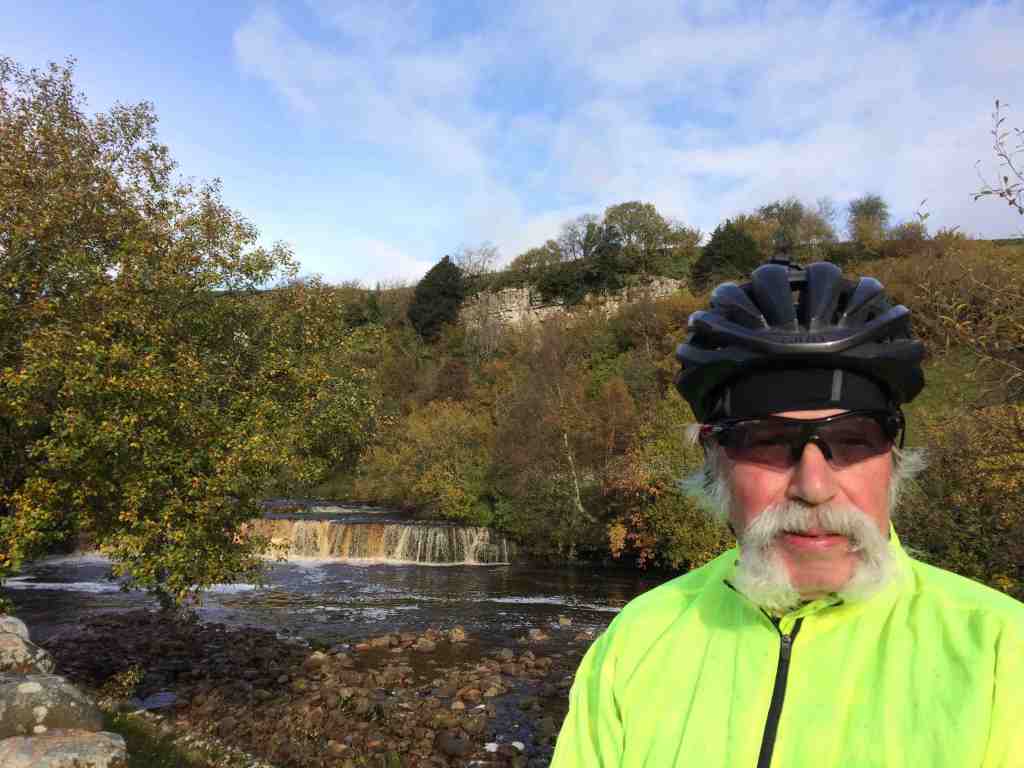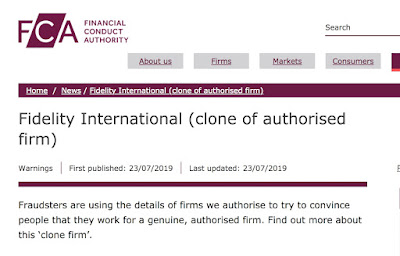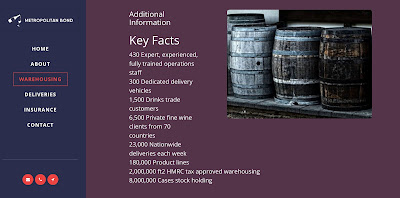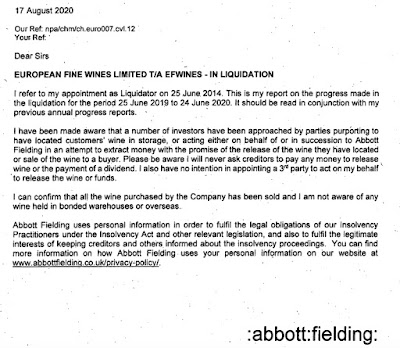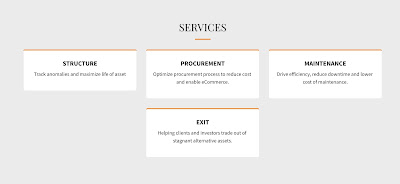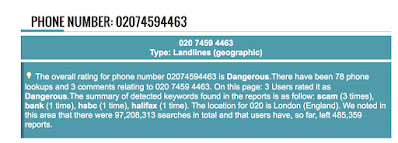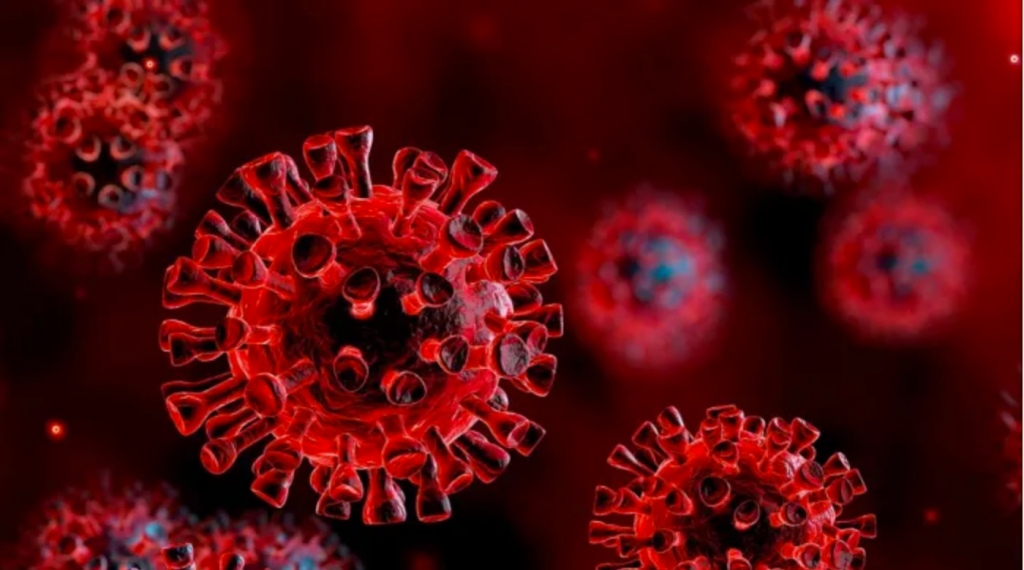
As we head into the last two months of this strange year there is no sign of us 'turning the corner' in the fight against Covid-19 as the deadly joker in the White House likes to claim. Instead, looking at Europe, many countries are seeing a second wave with much higher daily infection rates than those during the first wave. Thankfully death rates are considerably lower than they were earlier in the year – at least for the moment. Hopefully this is because we have learnt to treat those with severe cases of the virus more effectively.
Covid in Europe – daily figures in selected countries
Table 1: 1st wave – maximum daily new infections + maximum number of deaths during one day.
Table 2: 2nd wave – new infections on 25th October + maximum number of deaths during one day.


These two tables show no sign of life getting back to what we used to consider normal. Only Norway and Sweden (just) have a lower rate of infections in the 2nd Wave than in the first. Instead we are seeing new restrictions being widely introduced. Zooming in' Christmas and New Year celebrations look to beckon......
We are now back in the Scottish Highlands, which like the rest of Scotland with the exception of the Central Belt, now has the following rules for hotels, pubs and restaurants and general socialising:
Nationwide (excepting central belt areas):
- pubs, bars, restaurants and cafes may only open indoors between 6am and 6pm, with no sales of alcohol
- pubs, bars, restaurants and cafes may open outdoors until 10pm, with sales of alcohol (where licensed)
- takeaways (including from pubs and restaurants) can continue
- evening meals may be served in accommodation for residents only but no alcohol can be served
- current meeting rules, maximum of six people from two households, continue to apply
- specific life events, such as weddings and funerals, may continue with alcohol being served, with current meeting rules for these events (20 person limit in regulated premises only)
The rules for the Central Belt between Edinburgh and Glasgow, easily the most populous Scottish region are stricter. Here pubs, restaurants and bars are closed but can continue to offer takeaway meals. Cafés can open for a limited period but can't sell alcohol.
These rules will apply until 2nd November when a a Five Tier system will be introduced – it's three in England. Scottish independence beckons......
Already the rules are complicated – I suspect that the various Covid-19 rules, regulations and restrictions will provide a rich vein for TV quiz shows for decades to come......
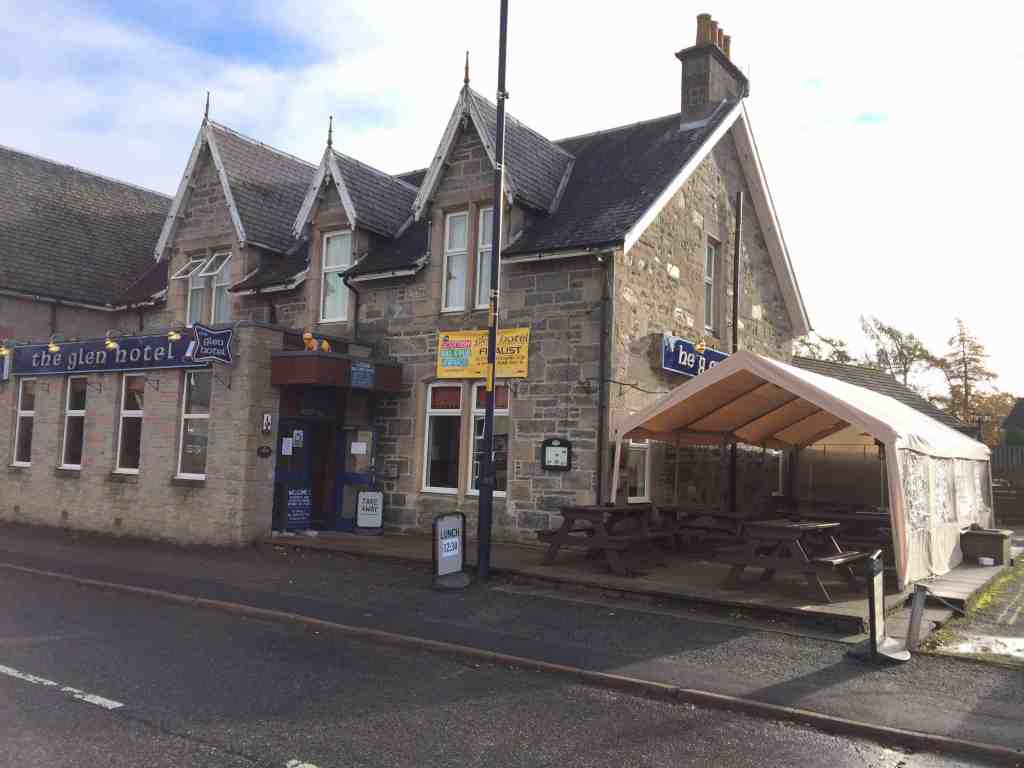
Covid rules OK in practice
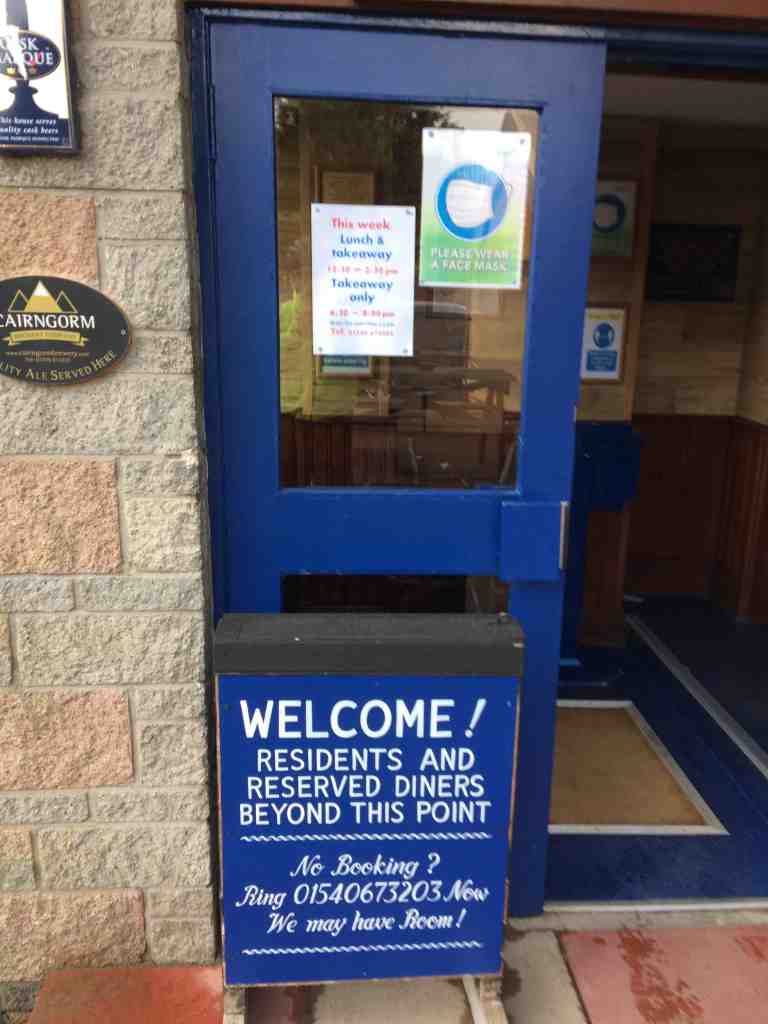
Early Saturday evening we had a drink at the Glen Hotel in Newtonmore – sitting outside in the tent structure, which fortunately includes a heater. Once we had signed in on-line we could order drinks. We couldn't go inside as we were not resident, so had to remain outside seated at a table and ring a bell for service. The Glen is still doing takeaways. However, we couldn't have eaten any takeaway meal under the tent as it is part of licensed premises but if we were staying there overnight we could have ordered a meal and eaten it under the tent with an alcoholic drink. Residents can eat inside but have to enjoy their meal without alcohol. The Glen is serving lunch – inside and also outside for those that want an alcoholic drink with their meal.
Alfresco dining over the winter is not ideal in the Scottish Highlands. However the Scots are a hardy race – they have to be.....

Some local options in Newtonmore area:

It is quite easy to find locally made beer as there is a brewery – Cairngorm Brewery Company – in nearby Aviemore. On Saturday night we enjoyed a pint of their Trade Winds. Usually the Glen has a good selection of cask beers but because of the Covid restrictions they are only stocking one as cask beers have a limited life.
The nearest best known whisky distillery is 10 miles away – Dalwhinnie – one of Diageo's classic malts, which can't really be counted as a small artisan producer......

Nearby Kingussie has an excellent butcher – Donald Gilmour. As well as the normal range of meats, he has very good venison, black pudding – a speciality – and steak pies. Normally at this time of year he would have game – grouse, pheasant etc. but because of the Covid restrictions there have been no shoots so no game for the moment.

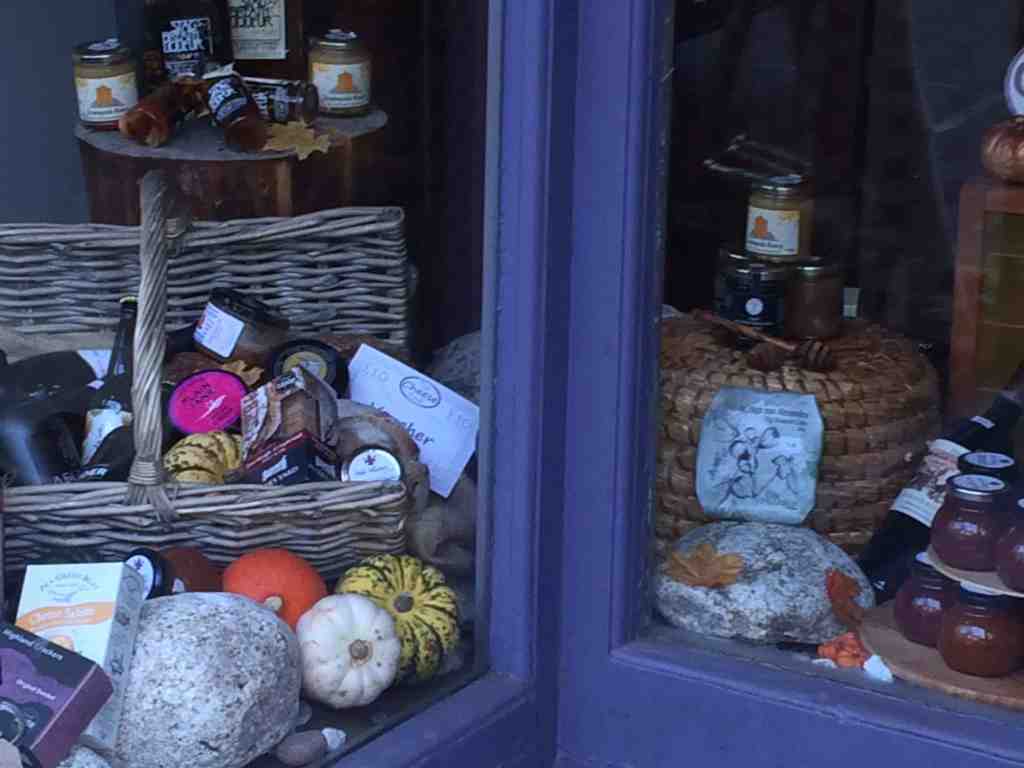
A recent addition in Kingussie has been this specialist cheese shop (above) with a good cheese selection along with a limited range of wines and other treats.

There have been some Covid winners among them this mobile fish van run by George delivering wonderful fresh fish from Portsoy. After many years working for another firm George set up on his own last year and has done very well from the Covid pandemic as people are happy to buy from a supplier that comes to their home.
There is, however, an important caveat to the call to support small producers and local shops – in the UK you need a certain income to be able to afford to buy from specialist food shops rather a supermarket, especially from a discounter like Aldi or Lidl. Unfortunately Covid has forced more UK families into food poverty and stopping kids from starving during the holidays has rightly become a major crisis for the Johnson 'government' following their refusal to finance meal vouchers for hungry kids in England during school holidays.
This post was originally published on Les 5 du Vin.
Update:
From Monday 2nd November the Highlands of Scotland will be in Tier 1. Five Tiers (0-4) come into force on Monday. In Tier 0 life is close to normal .
Level 1: rules
'Under level one rules no in-home socialising is permitted, with limited
exceptions. Groups of six from a maximum of two households are able to gather in indoor and outdoor public settings.
The sale of food and alcohol
is permitted in indoor and outdoor venues, though a 10.30pm curfew is in
place for all hospitality settings.
Hotels, B&Bs, self-catering, caravan and camp sites are allowed to operate under these restrictions so long as socialising and hospitality rules are adhered to.
Those living in a level one setting are advised against non-essential travel to/from level 3 or higher areas in Scotland and equivalents in the rest of the UK, with limited exceptions.
Car sharing should be avoided where possible while face coverings are compulsory on public transport.
Close contact services such as hairdressers and barbers will be allowed to operate in level one. Mobile close contact services can also operate at this level.
In level one stadia can reopen with restricted numbers and small events in indoor settings can take place. Outdoor events with restricted numbers can also take place.
Weddings, and civil partnerships and funerals are all subject to 20 person limits.
All sports and exercise is permitted with the exception of indoor contact sports between adults.
Public services can open and support services such as counselling are permitted.'
••
The big change for pubs and restaurants in Level 1 is that they will be able to sell alcohol instead and it won't have to be limited to having to have a meal to buy a drink.
